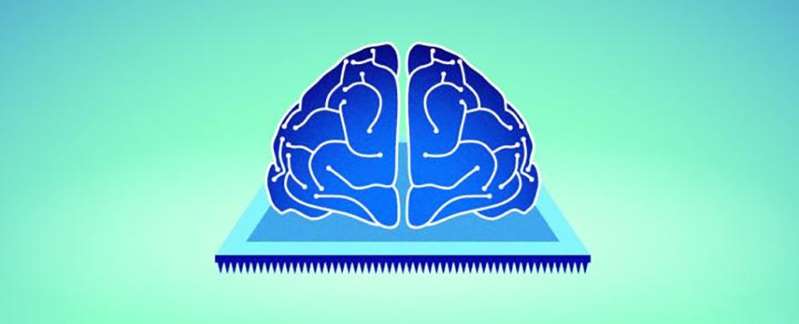Nature Knows and Psionic Success
God provides
Physicists Create a Device That Can ‘Forget’ Memories, Just Like a Human Brain

The brain is the ultimate computing machine, so it’s no wonder researchers are keen to try and emulate it. Now, new research has taken an intriguing step in that direction – a device that’s able to ‘forget’ memories, just like our brains do. It’s called a second-order memristor (a mix of "memory" and "resistor"). The clever design mimics a human brain synapse in the way it remembers information, then gradually loses that information if it’s not accessed for an extended period of time. While the memristor doesn’t have much practical use just now, it could eventually help scientists develop a new kind of neurocomputer – the foundation of artificial intelligence systems – that fulfils some of the same functions a brain does. In a so-called analogue neurocomputer, on-chip electronic components (like the memristor) could take on the role of individual neurons and synapses. That could both reduce the computer’s energy requirements and speed up computations at the same time. Right now analogue neurocomputers are hypothetical, because we need to work out how electronics can mimic synaptic plasticity – the way that active brain synapses strengthen over time and inactive ones get weaker. It’s why we can hang on to some memories while others fade away, scientists think. Previous attempts to produce memristors used nanosized conductive bridges which would then decay over time, in the same way that memories might decay in our minds. "The problem with this [first-order memristor] solution is that the device tends to change its behaviour over time and breaks down after prolonged operation," says physicist Anastasia Chouprik, from the Moscow Institute of Physics and Technology (MIPT) in Russia. "The mechanism we used to implement synaptic plasticity is more robust. In fact, after switching the state of the system 100 billion times, it was still operating […]
Click here to view full article
